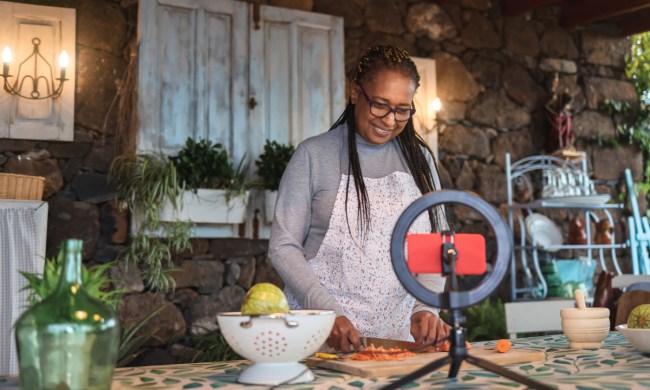For such a common problem, jealousy can be extremely difficult to solve. Whether it’s your own or your partner’s, excessive suspicion and envy can turn the strongest relationships into a toxic situation. In other words, jealousy is just like a bad houseguest: it arrives easily but is tough to get rid of.
Where does jealousy come from? And what makes it rear its ugly head? And, most importantly, what can we do to better control it?
Where does jealousy come from, and why is it here?
Before we dive too deeply into the details, note that even a small amount of jealousy in a relationship is normal and natural. When you care for anyone deeply, whether it’s a significant other, friend, or family member, you want to spend as much time with them as possible. Any threat to this quality time can cause resentment and incite us to lash out. Long story short, jealousy is hard-wired in our brains as an urge to protect ourselves and stay bonded to our partner.
Nevertheless, when jealousy is more than just a fleeting emotion or out-of-character flare-up, it can pose substantial problems to both partners.

Insecurity
Insecurity is the most frequent source of jealousy and has the power to sour even the sweetest relationship.
When one or both people in the relationship have low self-esteem, it can lead to fears about not being “enough” for their partner. This insecurity can make someone hyperaware of how their partner is acting, as they persistently look for a hint of estrangement. In fear, they’ll hold on tighter and act out because they fear they will lose the person that means so much to them.
Here are some ways to stop the negative feedback loop and put jealous feelings into the proper perspective.
How to deal with jealousy in a relationship
Jealousy can be a difficult beast to tame. Once a person is in the throes of jealousy, it can be a challenge to differentiate between your insecurities and anxieties and any actual problematic actions from your partner. As with many problems, no magic bullet exists. Luckily, however, there are tips and techniques you can use to improve the way you communicate your feelings and anxieties.
Don’t turn jealous thoughts into destructive actions: Jealousy is a strong emotion and can push you toward confrontation or engaging in destructive behaviors like spying on your partner. Instead of losing trust or lashing out against your partner, use this as an opportunity to practice honesty. Tell them how you are feeling and talk through actions the both of you can take to give each other validation.
Let old wounds go: Often jealousy has much to do with the scars of infidelity and instability in previous relationships. It’s far easier said than done, but try to remind yourself that there’s no reason to compare your old flames with your current squeeze. Be honest with your partner, and share what actions, phrases, and situations trigger you. This way, you can work together to avoid these pitfalls.

Jealousy can cause deep wounds in a relationship, but deft, diplomatic communication can make a big difference.
Ideally, this will clear the air and pave the way for a happy relationship moving forward. If it doesn’t, at least you know you put your best foot forward and didn’t allow jealousy to play a role in damaging or ending a partnership. A healthy relationship is built upon trust, communication, and empathy. If these aspects continue to lack in your relationship, seek individual or couples counseling. A professional can work with you to create a plan to manage your insecurities and anxieties, leading to a stronger relationship built on mutual trust and validation.
Disclaimer: BlissMark provides information regarding health, wellness, and beauty. The information within this article is not intended to be medical advice. Before starting any diet or exercise routine, consult your physician. If you don’t have a primary care physician, the United States Health & Human Services department has a free online tool that can help you locate a clinic in your area. We are not medical professionals, have not verified or vetted any programs, and in no way intend our content to be anything more than informative and inspiring.




